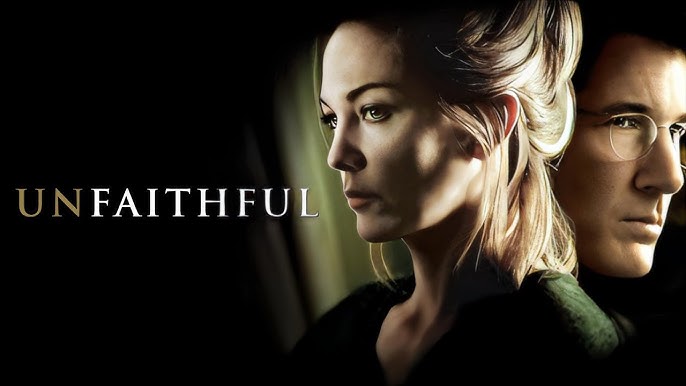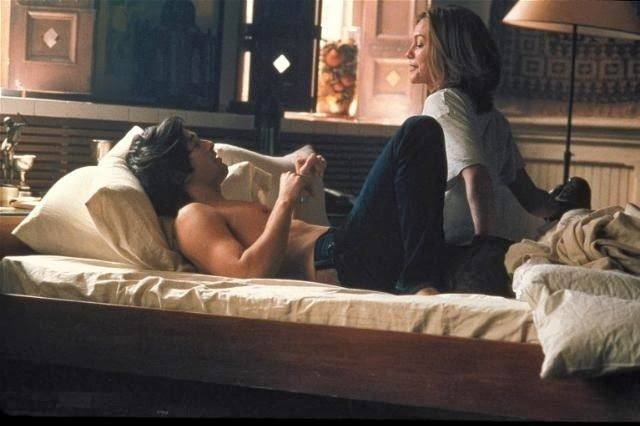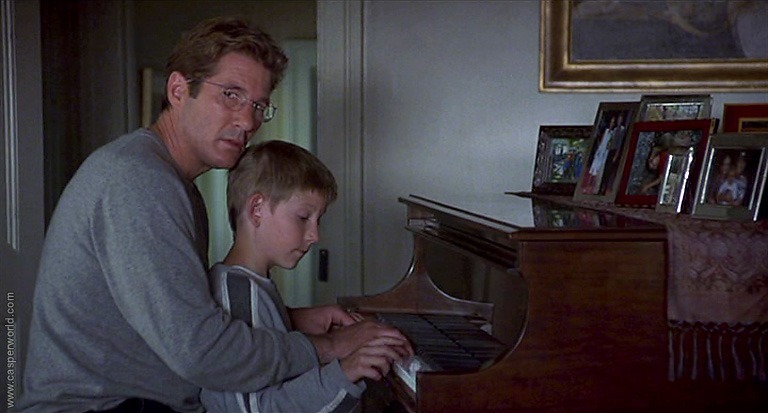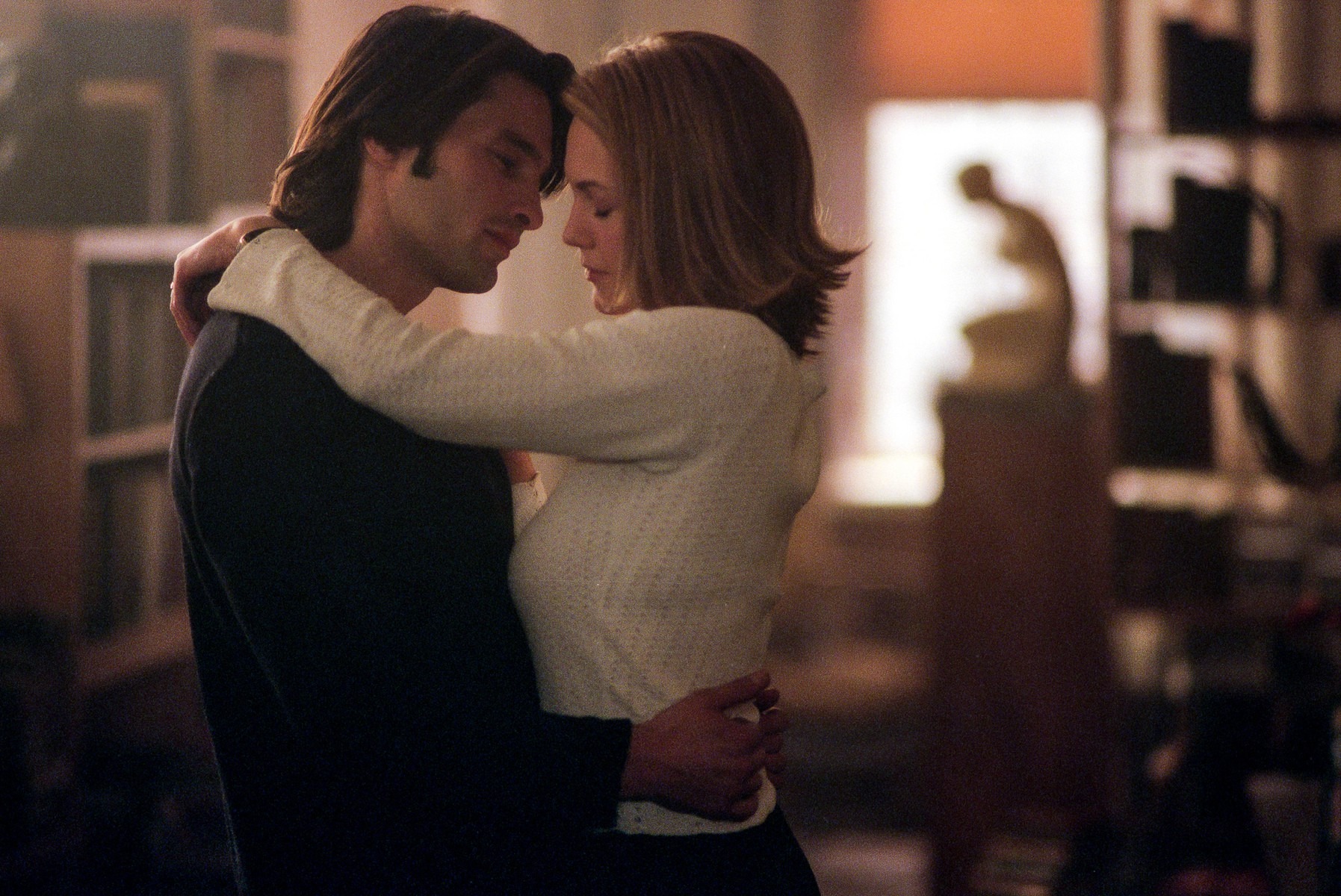Unfaithful (2002)

Unfaithful (2002) is a psychological thriller directed and produced by Adrian Lyne, based on the 1969 French film The Unfaithful Wife by Claude Chabrol. The film explores the themes of infidelity, desire, and the consequences of betrayal. Set in a suburban New York environment, the film follows the life of a married woman who becomes involved in an affair that spirals into dangerous territory. With its intense emotional stakes and suspenseful atmosphere, Unfaithful delves deep into the complexities of human relationships and the destructive power of secrets.
The story centers on Connie Sumner, played by Diane Lane, a seemingly happy wife and mother who begins an affair with a passionate and mysterious man named Paul Martel, portrayed by Olivier Martinez. The affair starts as a brief escape from her seemingly perfect life but quickly escalates into something more intense and uncontrollable. The film portrays the emotional turmoil Connie experiences as she grapples with her actions and the consequences they may have on her family, particularly her husband, Edward, played by Richard Gere.
Adrian Lyne’s direction is a key element in making Unfaithful a gripping psychological drama. The film’s pacing is deliberate, building tension as it moves from one emotional revelation to the next. Lyne’s ability to create a sense of unease through close-ups, lighting, and sound amplifies the intensity of the film’s central themes of guilt, desire, and betrayal. As the characters’ lives spiral out of control, the director masterfully escalates the tension, making the viewer feel the weight of their decisions.
The performances in Unfaithful are standout, particularly Diane Lane’s portrayal of Connie. Lane brings depth and complexity to the character, capturing Connie’s inner conflict and vulnerability as she is pulled deeper into the affair. Her portrayal of a woman torn between love for her husband and the seductive thrill of her infidelity is compelling and emotional. Richard Gere, as Connie’s husband Edward, gives a restrained yet powerful performance, depicting a man who is blindsided by his wife’s betrayal and must confront the painful truth of his marriage.

The film’s exploration of infidelity and its consequences is both raw and thought-provoking. Unfaithful doesn’t shy away from showing the emotional and psychological impact of cheating on all involved. As the story progresses, it becomes clear that the affair will have catastrophic consequences not just for Connie and Edward, but for their entire family. The film takes a dark turn when the affair is uncovered, leading to an explosive climax that forces each character to face the repercussions of their actions.

Visually, the film is sleek and sophisticated, with cinematography that contrasts the calmness of suburban life with the turmoil bubbling beneath the surface. The contrast between the serene domestic scenes and the heated, passionate encounters of the affair underscores the internal chaos that Connie experiences. The tension is also heightened by the soundtrack, which enhances the emotional gravity of the characters’ interactions, adding to the overall sense of dread and inevitability.

In conclusion, Unfaithful (2002) is a powerful psychological thriller that explores the destructive nature of infidelity and the complexities of human relationships. Adrian Lyne’s direction, combined with strong performances from Diane Lane and Richard Gere, creates an emotionally charged film that keeps the audience on edge throughout. With its compelling characters, suspenseful plot, and exploration of desire and betrayal, Unfaithful is a gripping story about the consequences of a single act of deception.











